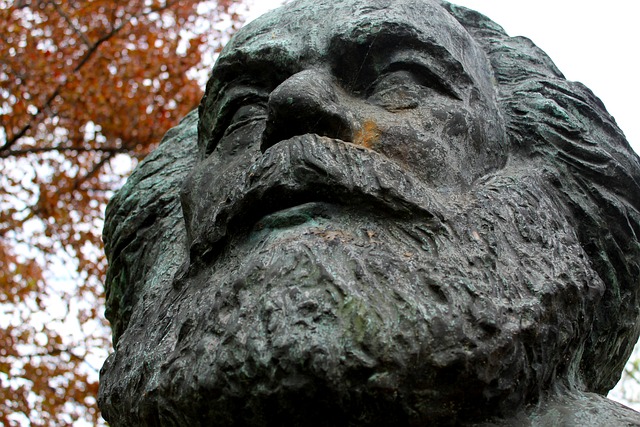
Centralism is a system of state organization where government decisions come from a single center.
The doctrine of the centralists is centralism . This current of thought is linked to the political centralization or administration of a territory .
The notion of centralism, therefore, refers to a system of state organization in which government decisions come from a single center, without taking into account the different peoples they affect. This means that the central government is responsible for political decisions.
Centralisms in Spain
There are different types of centralism. However, among all of them, we could mention what has historically been called Sevillian centralism . It is a term intended to refer to the weight attributed to both the city of Seville and its entire province with respect to political, administrative, social or cultural issues relating to Andalusia and even all of Spain.
Currently, a reflection of this is that the city of Seville is the capital of the Andalusian autonomous community, where the most important regional bodies at a political level are located, such as the Junta de Andalucía .
Historically, we cannot ignore that in Spain what was called Bourbon centralism occurred. In the 18th century, the one that began when a new dynasty, the Bourbons , arrived in the country and it was one of them, Philip V , who assumed the throne took place.
From that moment, he will decide to bet on establishing his ideas regarding what the structure of the State would be. Specifically, he imposed centralizing measures such as the abolition of certain jurisdictions, established an absolute monarchy , made changes to the territorial administration, created the Office Secretariats and eliminated the Councils, with the exception of the Council of Castile.
In the same way, he adopted measures to unify the tax system and tried to establish the necessary actions so that the monarchy had supreme power above everyone, including the Church.

There is a democratic centralism that promotes debate in various bodies.
Classification according to type
It is possible to distinguish between pure centralism and deconcentrated centralism . Pure centralism is the model that supports administrative, political and territorial unity. In it, the central power dictates all the rules and manages the services linked to the administration of the country. Pure centralism is justified by the need to maintain national unity and cohesion.
Deconcentrated centralism , for its part, is based on the transfer of ownership of a competence from an administrative body to another body of the same public administration, but hierarchically independent.
Democratic centralism
The organizational model of Marxist-Leninist parties is known as democratic centralism , which combines centralism in decision-making with democracy to maximize effectiveness. Democratic centralism, in this sense, opposes bureaucracy and the forms of organization of other Marxist parties.
The decisions of democratic centralism are discussed in bodies of different hierarchies, where debates circulate from bottom to top and vice versa. This means that, although the decision is made at the top hierarchy, the exchange of opinions makes it possible for the grassroots to participate in power .
